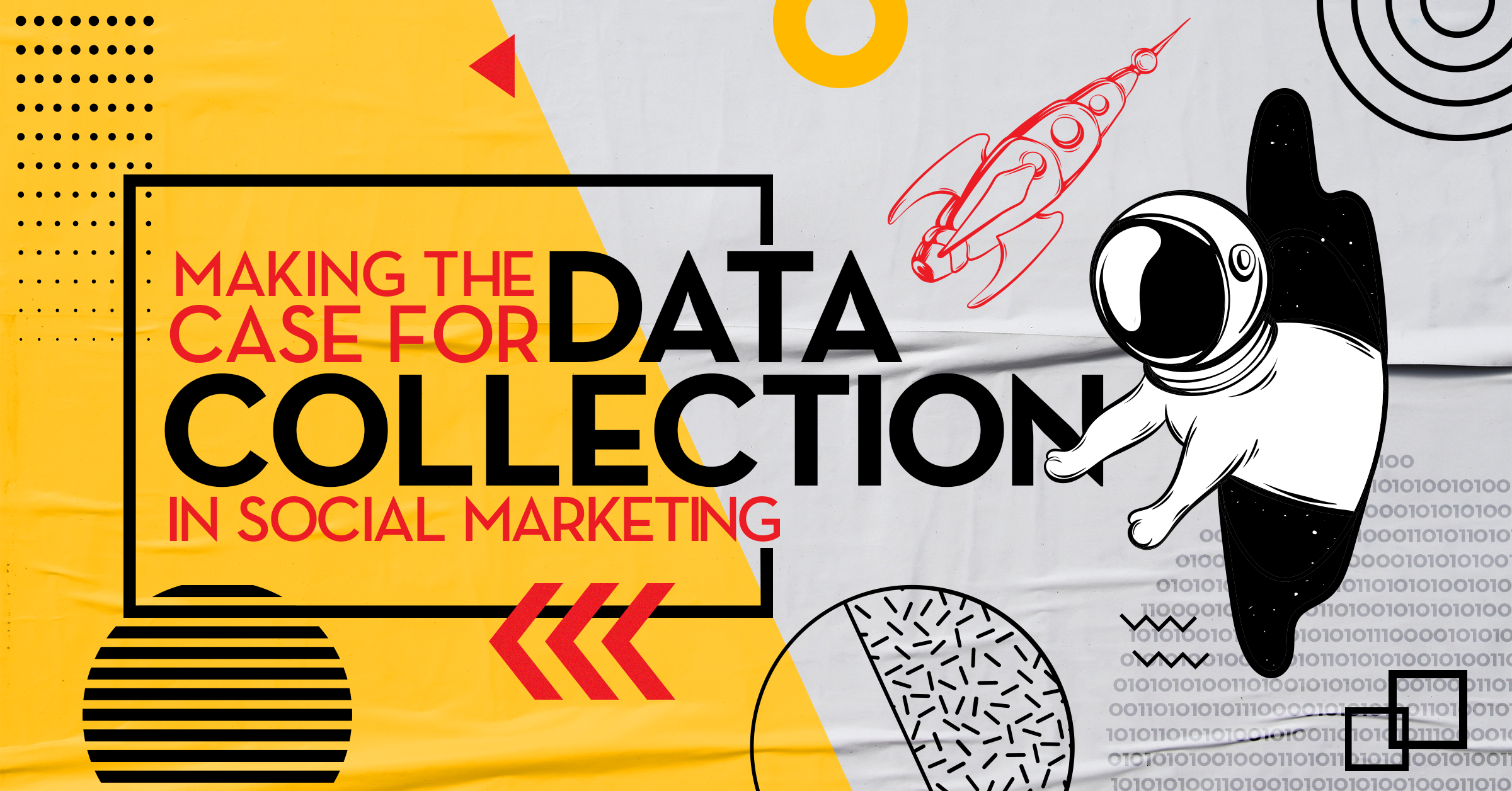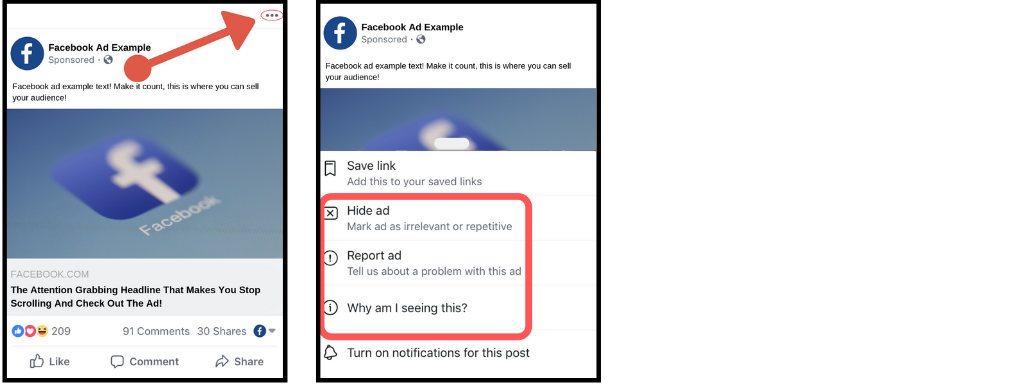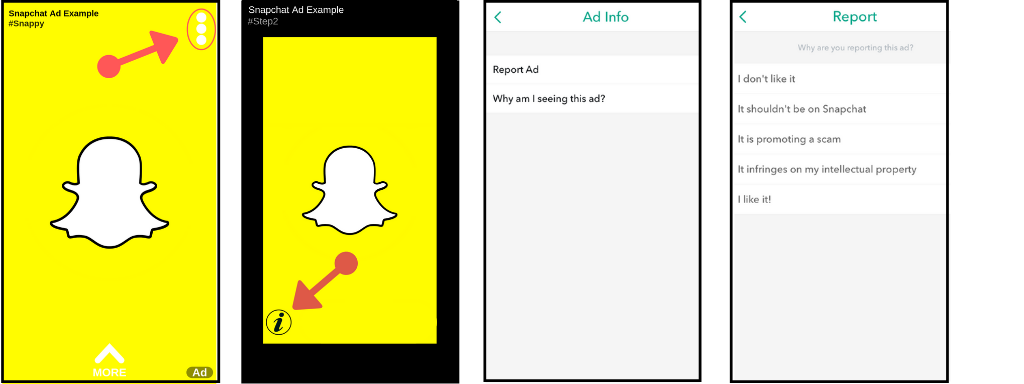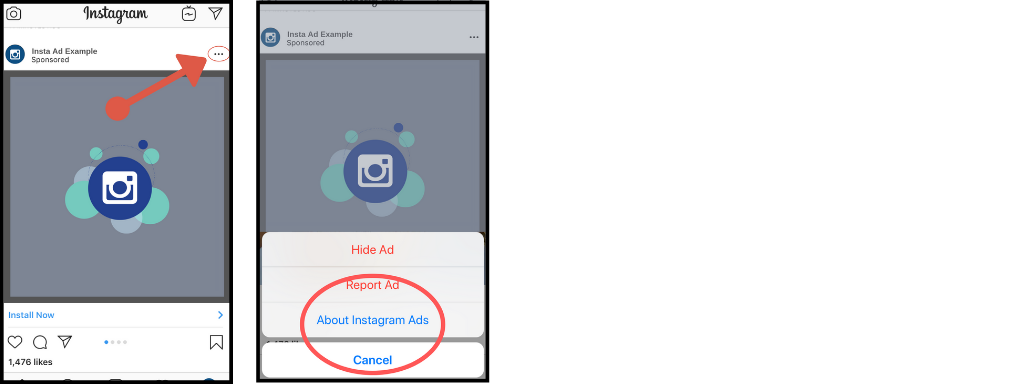Making the Case for Data Collection in Social Marketing

Hear us out, we’re going to play devil’s advocate here. It’s well known that data collected on users via social platforms has unfortunately not been handled with care. A major spotlight has been cast on this subject in particular with Facebook’s turbulent and breach-ridden year starting with the Cambridge Analytica leak in early 2018 (see our blog). While necessary restrictions and transparency guidelines are still being implemented for data collecting entities to abide by, we wanted to touch on why social data collection even exists. The fact that data is being collected on you each time you do anything online can be a little jarring to hear on the surface but is it really? Every platform you enter – Facebook, Google, Snapchat, Twitter, etc., is doing it, so let’s lay out the necessity for it.
User Experience
You’ve heard the phrase nothing is free before, and that’s just as true with major social platforms you’re able to access without paying for them. You get on social media to stay connected, whether it’s with friends and family or with general news, local to worldwide. You bring your questions and curiosities to search engines for quick, real-time, and relevant answers. To use the platform or service, all they ask for is your data, but it’s not the horrible aspect of the digital world that it’s made out to be! This data is used to show you ads that are the most relevant to you for the best user experience possible, all while remaining free.
Maybe while scrolling through your timeline, you see an ad for a lunch special at a nearby restaurant you’ve recently liked on Facebook. Ideally, that ad prompts you to invite a friend to catch up while taking advantage of the special you’ve just been made aware of. Another frequent example of social marketing through user data is with first-time parents, specifically mothers. First-time moms tend to do their research, which ultimately causes them to be sent ads that familiarize brands or popular items related to babies. Case and point of data collected about you being used to show you something potentially relevant and useful!
Control Over How Data Is Used
Transparency into how this data is being collected and used has been a major push recently to help users better understand and feel more comfortable. The best way to control what content you’re being shown as a user is to give feedback, good or bad! Advertisements are always going to be everywhere and being served ads can sometimes be annoying. However, there are ways to makes those ads less annoying, more personalized, and more interesting! If you’re seeing ads that are irrelevant (or maybe so relevant you want to give praise), here are a few social platform examples of what you can easily do to give feedback. You can also get more insight as to why the content is being put in front of you:
Facebook:

Recently, Facebook announced a new transparency feature that launched on February 27th allowing you to view when your contact info was uploaded, by whom, and if it was shared between brands and partners.
Snapchat:

Instagram:

Helping Businesses Grow
Looking at the big picture, this consumer-data based information has drastically increased the efficiency in which businesses market their products and services. You don’t want your time wasted being shown content you have no interest in, and in return, brands don’t want to waste money promoting something to a place where it will be ignored. This is a common result with traditional interruption marketing methods (such as television, radio, and print) that use a wide cast net to get in front of as many people as possible. Ads on social work better if users feel like they fit into the content and topics already being enjoyed on the platforms already. It’s more seamless. Because we tend to use our social media in a very personal way, the opportunity is presented for companies to find their specific audience, personally connect, and continue to learn and grow with what their customers need.
The Responsibility of Brands and Marketers
Having this data collecting capability when running social ad campaigns comes with the responsibility of actually using it to better market yourself as a brand – a brand that can refine and give your audience what they want. The multiple benefits from doing this include less wasteful spending, an engaged audience with information to find similar people, and ultimately a bigger return on your investment.
“In general, I think audiences are a lot smarter than people think. So, it’s not “know your audience”, it’s “respect your audience, and really know your content.” – Edward Tufte
This is what we help companies do here at Oozle Media – finding the right, interested people to put their message in front of. If we can help your business grow or you have more questions about data collection in social media, give us a call or read about it from Zuckerberg himself!
